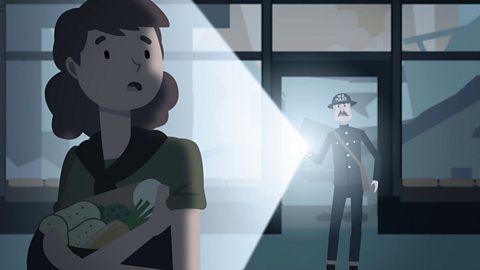Watch: Punishing crimes in Ancient Rome
Watch this video to find out how crime was punished in Ancient Rome.
BELLS RING
DRUMS SOUND
Man: Stealing from the temple, eh? Seize him, but keep him alive. I want to take him to the magistrate.
Magistrate: What is he accused of?
Temple owner: This man was found to be stealing from my temple. We caught him trying to sneak out with the offerings to Jupiter. It’s all here in the temple records.
Magistrate: What do you have to say for yourself?
Man: I’m sorry, I just wanted to improve my family’s life. I had to leave the army due to my injuries.
Magistrate: But stealing from a temple is like stealing from the gods.
Temple owner: Give him the worst punishment possible. If news spreads that stealing from a temple gets a light punishment, they’ll all try it.
Magistrate: Your guilt is obvious. I sentence you to pay the temple three times the value of the stolen offerings.
Man: There’s no way I can afford that. I don’t have any money.
Magistrate: If you can’t afford the punishment then the only other option is death.
Man: No!
Magistrate: But which punishment? Pouring hot lead down your throat? No, that’s a waste of good metal. I sentence you to be pushed from a cliff.
Man: No!
Life under Roman rule
- The Roman Empire spans from roughly 700BC - 476AD.
- At its height, under Emperor Trajan in 117AD, Rome ruled more than 45 million people in countries across Europe, North Africa and Asia.
- Its army was the most powerful in the world. As it conquered more countries, the city of Rome grew from a town into an enormous capital.
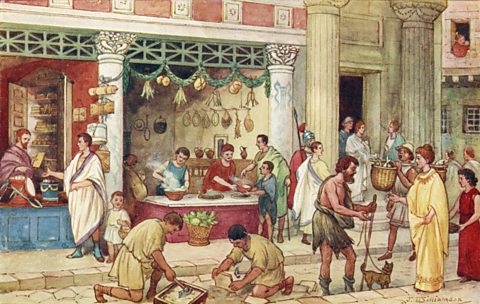
With over one million people living there, Rome was a dirty and dangerous place, with a maze of side-streets and slums.
There were many of the same crimes as today, such as murder and theft.
The Roman Empire had many slaves, as well as citizens who were free men and women. They were often treated differently if they broke the law.
Did you know?

The Roman system of law and punishment is the basis of many laws that we still use today.
Wearing purple was against the law unless you were super rich!
Was there a Roman police force?

There was no police force in Roman times but they did have a group called the Vigiles.
There were about 7000 Vigiles, who dealt with criminals like thieves and enslaved people who ran away. They also acted as the fire brigade and put out fires!
If the Vigiles couldn't deal with some crimes, such as riots (angry groups of people), then they would call in Roman guards to help.
If there was ever a risk to the Emperor, his special protectors, the Praetorian Guard, would be called in.
The Roman God of Justice was called Justitia and she holds the scales of justice.

How did the Romans punish people?
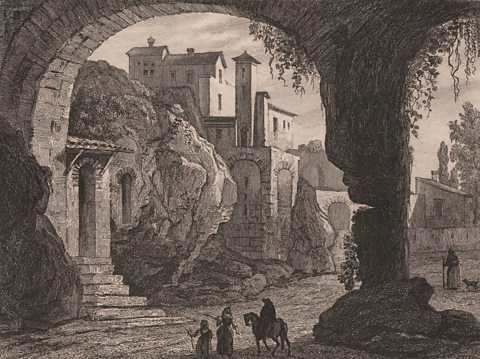
- The Romans designed their punishments to discourage potential criminals.
- How you were punished depended on who you were and your position in Roman society.
- Whipping and fines were the most common punishments.
- Wooden shoes were sometimes placed on the feet of prisoners, making escape difficult.
- An enslaved person could be forced to carry a piece of wood around their neck that stated their crime.
- For very serious crimes you could be killed by crucifixion, thrown from a cliff, into a river or even buried alive. Crucifixion was saved for serious crimes such as revolts against the empire.
- Over time Roman punishments became more and more violent.

Activities
Activity 1: Compare and contrast
Watch this BBC Teach video about life for children in Roman Britain.
Can you write down 3 things that you notice are different about your life and their lives back then.
What to look out for:
- Clothes they wear
- Education
- Jobs that people did
- Any other interesting things that you can spot
Children in Roman Britain from BBC Teach
Activity 2: Roman crime quiz
SAT’s preparation resources. activitySAT’s preparation resources
Get ready for the SATs papers with videos, activities, quizzes and games to refresh your knowledge and practise your skills.

More on Crime and punishment
Find out more by working through a topic
- count2 of 10
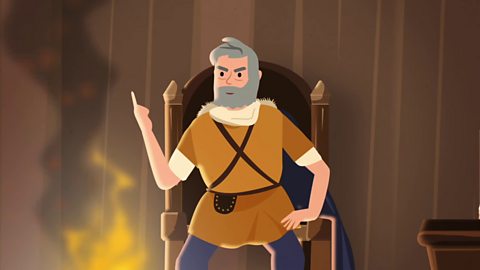
- count3 of 10
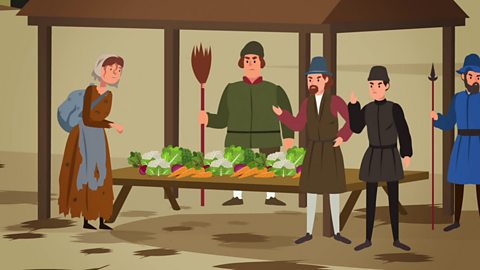
- count4 of 10

- count5 of 10
